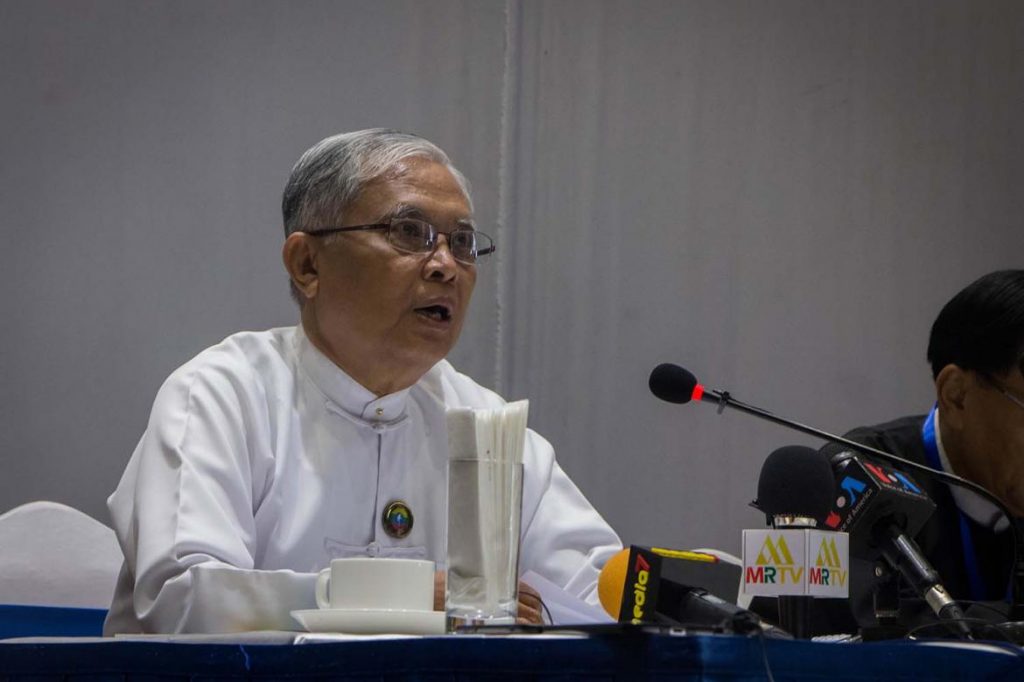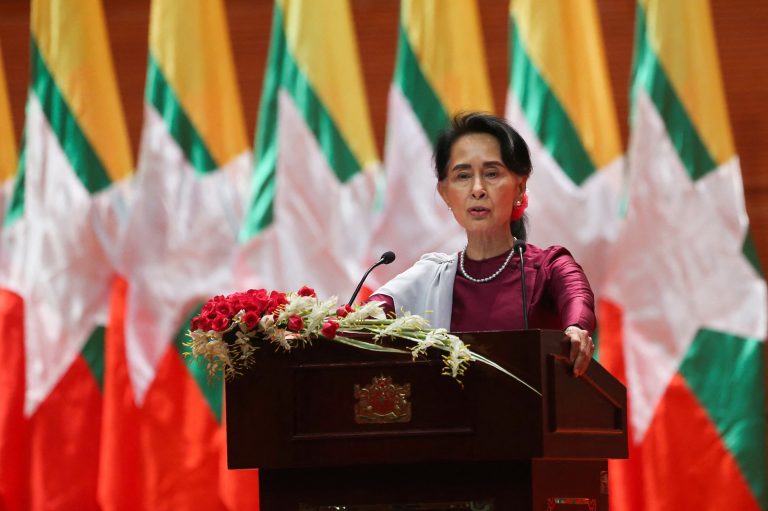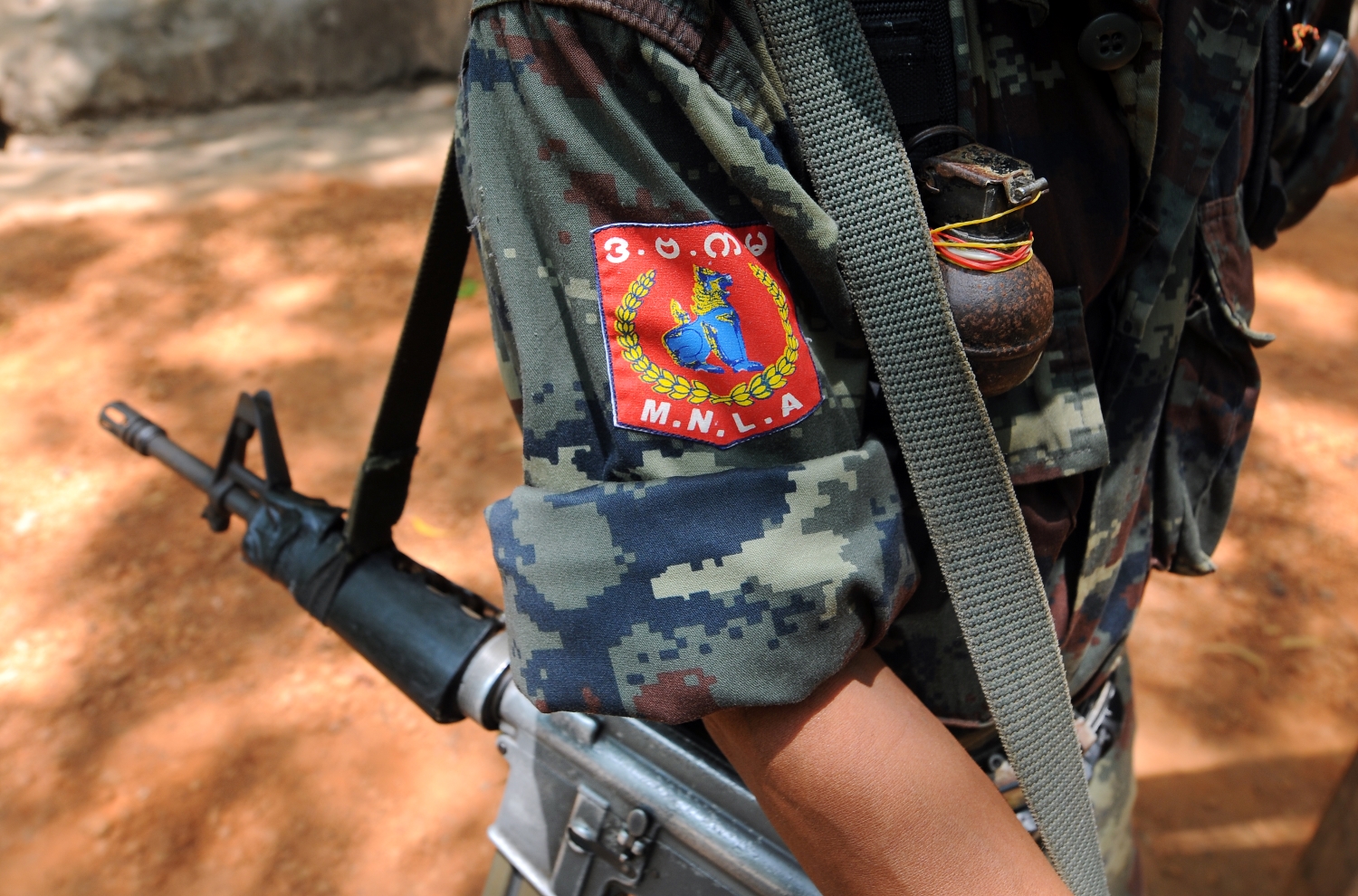By YE MON | FRONTIER
YANGON — Corruption prevention units will be set up in all government departments as part of President U Win Myint’s expanding efforts to tackle “rampant” bribery and graft within the civil service.
In a message today to mark International Anti-Corruption Day and the 15th anniversary of the UN Anti-Corruption Convention, Win Myint also said that the government wanted to improve its ranking on international anti-corruption indexes.
The president said corruption was “well-entrenched” in the civil service but he was determined to bring about “significant” improvements during his remaining two years in office. “The Union Government will take effective administrative steps to rectify the weak areas” in fighting corruption, he said.
The National League for Democracy-led government has undertaken a number of steps to ramp up the fight against corruption since late last year, including replacing the members of the Anti-Corruption Commission and amending the Anti-Corruption Law. In one of his first meetings after taking office, Win Myint urged commission members in April to take action against corrupt officials regardless of their status and to report any attempts to interfere in the commission’s work.
Support more independent journalism like this. Sign up to be a Frontier member.
ACC chairman U Aung Kyi said at a press conference today that the commission was already providing training to staff who have been assigned to the corruption prevention units.
“The CPUs will monitor department staff. If someone takes a bribe, the CPU will report it to high-level officials from the department so that action can be taken under the employee manual. If the amount is large, he or she will face action under the Anti-Corruption Law,” he said.
Aung Kyi said he believes 90 percent of civil servants don’t want to participate in corruption and would like to do their work with dignity.
The commission also announced at the press conference that it had received 1,458 complaint letters related to the government and 1,334 complaint letters concerning the judiciary.
However, commission member U Han Nyunt said that it could not act in many cases because the complaints were missing information.
“For example, the complaint letter turns out to be true and we uncovered the corruption. But the complainant had not signed the letter so we couldn’t take action,” he said.
The commission also responded to public complaints that it was unable to take action against corrupt military personnel. Aung Kyi said the ACC Law could not contravene the 2008 constitution, which protects officers from prosecution in civilian courts.
“We have not received any complaints regarding corruption in the military and we couldn’t take action anyway … military personnel would face action at military tribunals,” he said.







